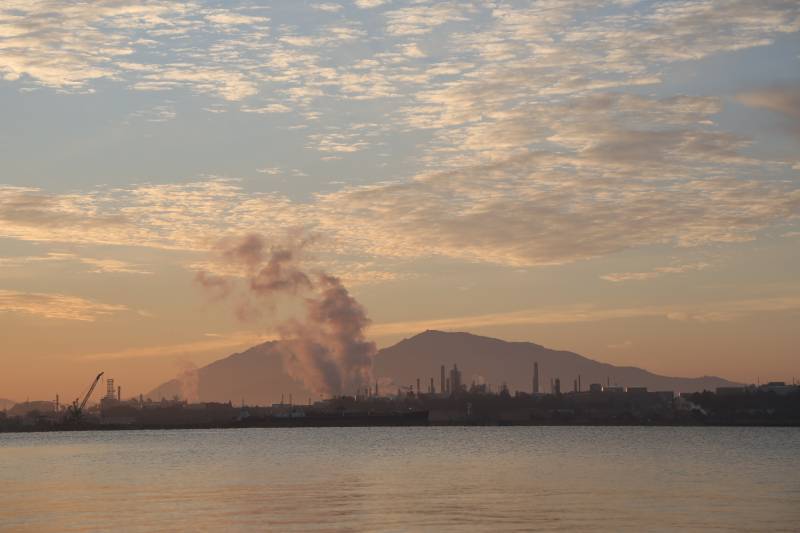Tesoro was acquired by Marathon Petroleum Corp. in 2018.
“Marathon has a demonstrated history of continually improving our environmental performance across our operations, and we are committed to protecting the environment we all share,” the company said in a statement. “The origins of this matter predate Marathon Petroleum Corporation’s acquisition of the Martinez refinery, and we are glad to have resolved this matter with the U.S. government.”
The penalty is part of a settlement that requires the refinery to adhere to strict pollution controls and to give up emission credits, which companies can use to offset their pollution or trade to other companies to use.
“The City of Martinez government supports the state and federal agencies charged with protecting the health and well-being of the residents of Martinez and our surrounding communities through compliance monitoring of our area refineries,” Martinez Mayor Brianne Zorn said in a statement.
Questions remain as to whether a fine will make much of a difference in the long run.
“The sad truth is the Bay Area has some of the country’s worst air pollution, and these refineries in the Bay Area are largely responsible for that,” said Hollin Kretzmann, senior attorney at the Center for Biological Diversity. “The $27 million [fine] is really a slap on the wrist for a company that made $16 billion in profits last year. These major oil companies consider it as just the cost of doing business … And so if they get slapped with a fine, they’ll pay it or they’ll have their lawyers contest it, but ultimately they keep doing business as usual and these refineries keep spewing harmful pollution for these frontline communities that have been dealing with it for decades.”
Kretzmann said he believes the only long-term solution would be to decommission the refineries and transition to what he called “a safer and healthier future.”
“We need a plan to move away from our fossil fuel dependence … in California and move to safe forms of renewable energy so we don’t need to be living next to these dangerous refineries and being scared about how much it’s going to impact our health and our kids’ health,” added Kretzmann.
